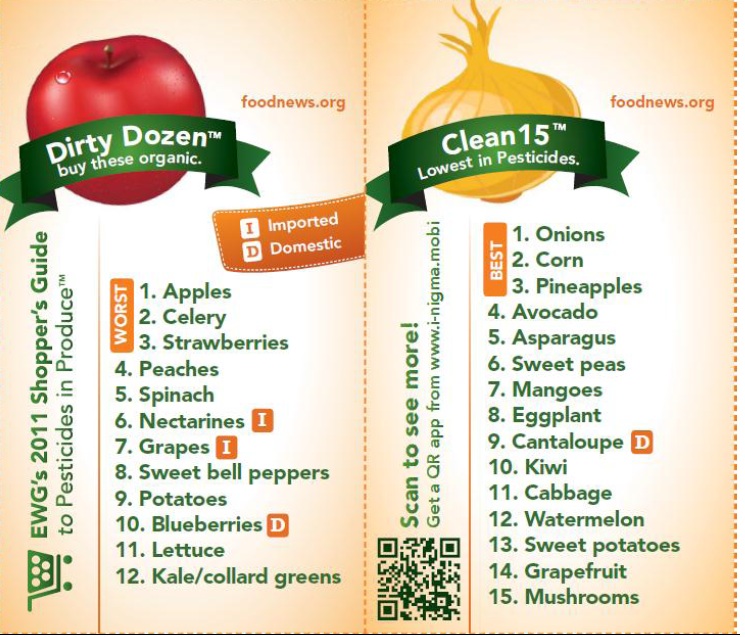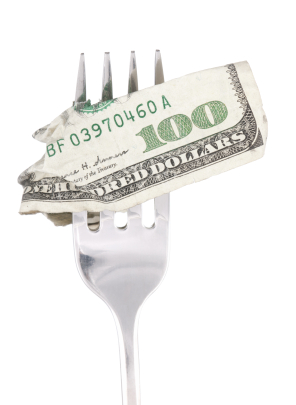
If you are ever behind me in the checkout line at the grocery store, I apologize in advance.
With a 6’11” husband and not exactly a tiny frame myself (6′), my family (really, just the two of us) demands a massive amount of food.
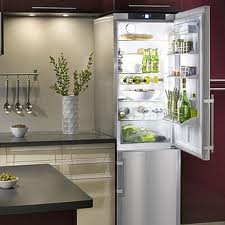
I really didn’t think anything of our super-sized consumption until I lived in Germany last year, and I was forced to squeeze into their system of super small refrigerators and almost daily grocery shopping.
I quite miss it, actually, because of the more fresh, local food available, but I do not miss the embarrassment ofchecking out.
Whereas I could always do the one-day massive grocery shopping in America and blame the quantity on buying enough for 1 – 2 weeks and, perhaps, some guests; now, I was exposed.
Daily shopping at the grocery store meant buying a lot of food daily, a lot of stares from portion-controlled Germans behind me in the checkout line, and the fact that buying super-sized quantities really just isn’t in the German culture.
So, after buying my truck load of groceries and getting a few smirks and/or guttural comments that I never understood because of language barriers (probably a good thing), I would grab the bags and haul them home.
As in, walk them home, because that’s what Germans do. (How awesome is that!?)
And it would elicit more uncomfortable gaping from passers-by, because here was this 6′ woman, hauling 3 bags of groceries in each arm like a man, and sweating, mind you.
I think you get the picture.
When it comes to shopping for just yourself or a large family (or just two large people), two things are often pressing:
Time and money.
We don’t have a ton of time to cook elaborate meals, nor do we necessarily have a bank account to support totally elite food.
The fact is, we are fighting an uphill battle every day against processed food, because it is quicker, and it is cheaper.
But, if we don’t pay now, we will pay later in the form of sickness, disease, missed days of work, etc.
Still, for our culture of short-term thinking and short-term savings, it is tough to help people see this long-term view; so, let’s find a hybrid of cutting some time and cost corners, without sacrificing health along the way!
Food Tips for Cost and Time Savings

1. For breakfast, stay away from boxed cereals (even those with whole grains), because they are expensive, poor in nutrients (can we say…sugar!!) and difficult to digest. At half the price and exponential the nutrients, choose organic eggs, oats, and or full fat greek yogurt!
2. Boil eggs for the week as an easy breakfast on-the-go. Or, throw together a huge batch of mixed nuts and dried fruit together, and grab a scoop with yogurt in the morning.
3. Less expensive vegetables like cabbage, carrots, celery onions, broccoli, kale and beets are quick and easy to prepare! Sauté in butter (organic!) for better taste and better absorption of nutrients!
4. Wild rice, quinoa, starchy tubers (i.e. sweet potatoes, parsnips, rutabaga, etc.), squash (acorn, spaghetti,butternut, etc.), and beans (lentils, chickpeas, etc.) are cheap and easy starches packed with way more nutrients than empty-calorie breads, pastas, and other cheap filler foods. Make a big batch to freeze and/or eat during the week.
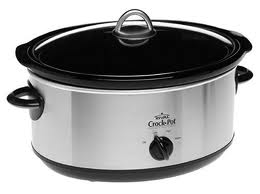
5. Use a crockpot (a.k.a. slow cooker)!! For the working professionals, this is a HUGE time saver. Throw in meat, sliced veggies and spices in the morning, and come home to a mouth-watering, aroma-filled meal ready to eat! Recipe ideas include coconut curry lentils, thai chicken, steak and potatoes, and turkey with mixed vegetables.
6. Cut out junk food, packaged goods, soft drinks, and fast food, you’ll save money to spend it on more nutritious whole foods.
7. Peruse the frozen section for organic vegetables, fruits and organic meats. Often, these can be purchased in bulk for savings, and can be stretched out for longer via freezer.
8. Check out your local health food store for savings, and stock up on the non-perishable items (like oils, nuts, supplements, frozen foods, etc.) in bulk. I literally bought four bottles of cod liver oil last week because it was on sale!

9. Buy meat on the bone, and use both (meat and bone)! Throw the bones in filtered water and boil on low for several hours for a homemade stock on a Sunday. Then, make soup and freeze in a few containers for a cheap and easy meal in the future.
10. Use leftovers for a quick meal! Try throwing last night’s ground beef in your omelette, puree leftover vegetables and make into vegetable latkes, use leftover meat on a huge salad, and use starch leftovers for other dishes (sweet potato muffins, butternut squash soup, pumpkin cookies, etc.).
11. Remember the “Dirty Dozen” and “Clean 15” from the Environmental Working Group? Stick to buying the most pesticide-ridden Dirty Dozen foods organic, and save money on buying the Clean 15 conventionally.
12. Check out a local CSA (Community Supported Agriculture) in your area for a cost-effective way to get local, seasonal vegetables from your local farmer. Plus, they usually deliver to your door, so it will save on time as well! Click here to find one in your area.
13. Though buying all meat organic (or wild caught) is best, if you must prioritize, buy the fattier cuts organic. Animals (and humans) store toxins in their fat, so the fatter the animal (beef, lamb, pork), the greater your exposure to toxins.
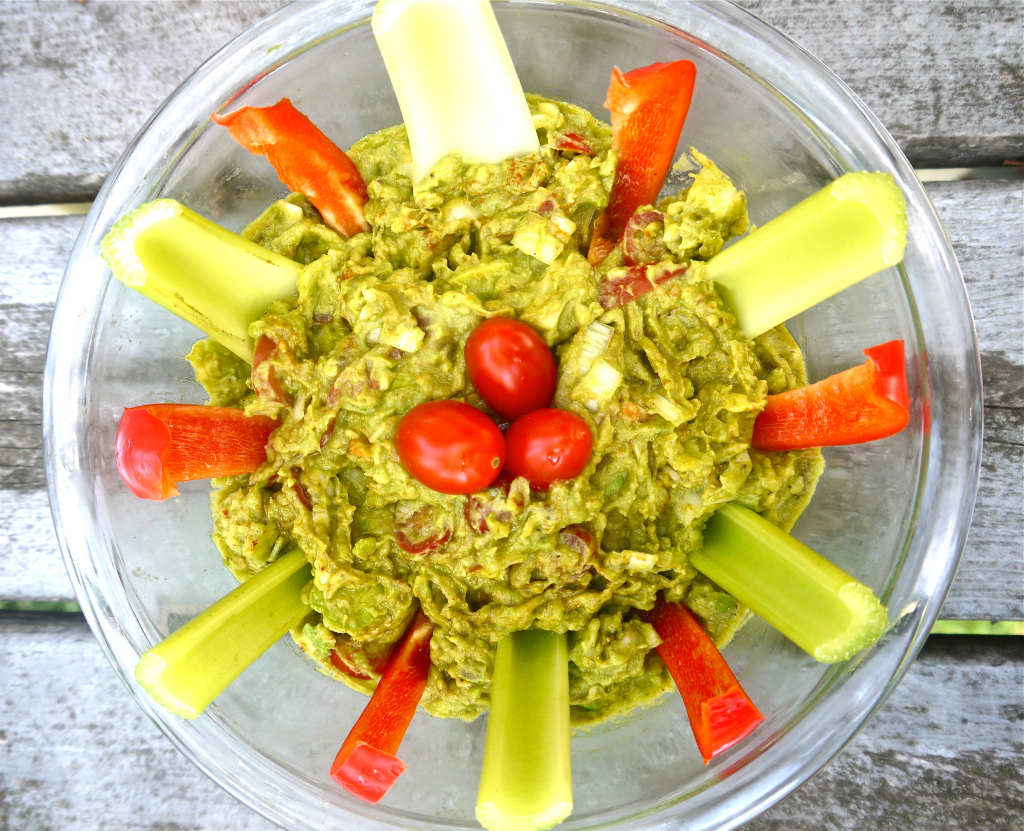
14. Need a quick and easy snack? Try jerky (organic or natural), sliced vegetables, avocado (or this guacamole recipe), olives, aged cheese slices, deli meat (watch the nitrates and sugar), nuts and fruit, or a Lara Bar.
Now, I’d love to hear from YOU if you’ve got any other secret tips for cheaper and quicker eats without sacrificing the nutrients!

